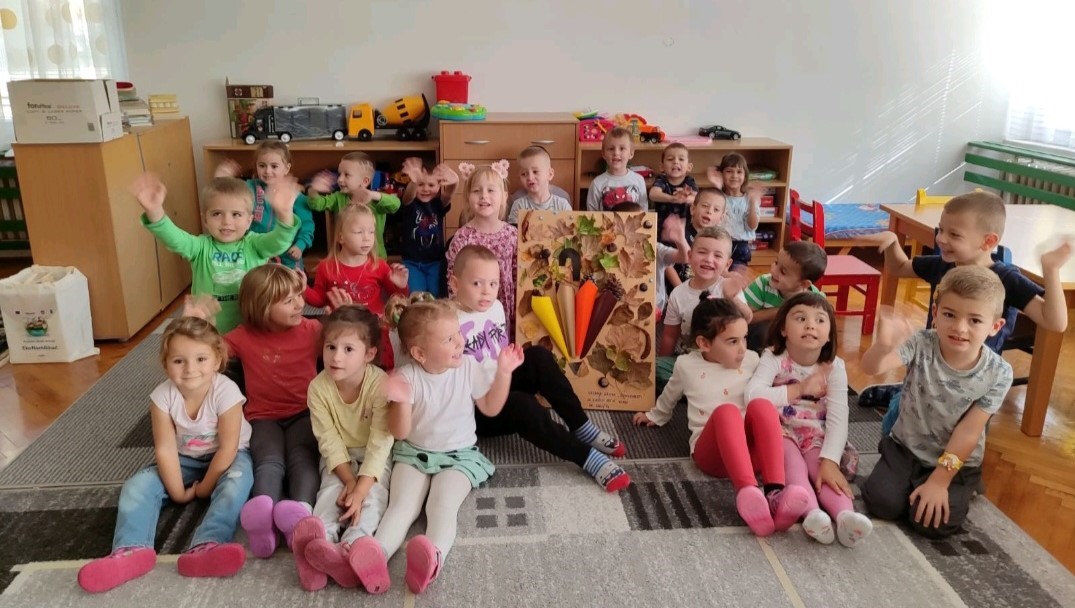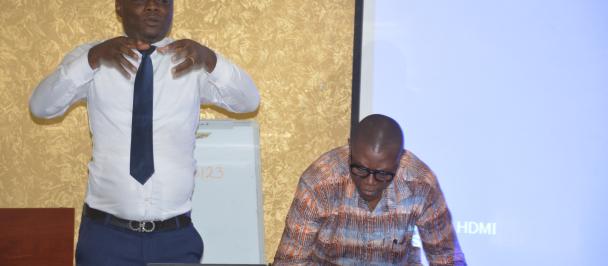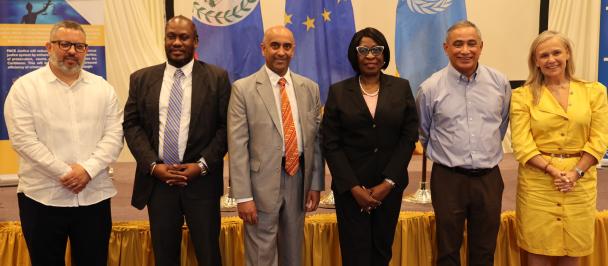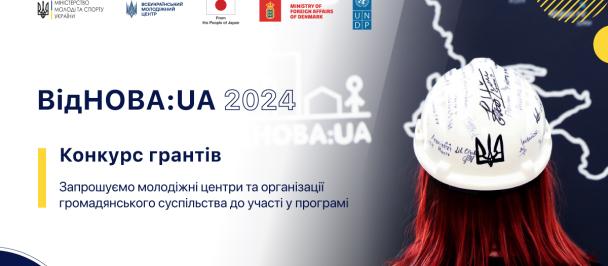Better opportunities for civil society organizations in Bihać
December 29, 2023

The city of Bihać has achieved significant results in strengthening cooperation with civil society organizations, contributing to solving the problems of the local community, improving the quality of life of citizens, increasing transparency in the management of local resources, and promoting the involvement of citizens in decision-making processes.
Civil society organizations (CSOs) in Bosnia and Herzegovina play an important role in the development of a democratic society, but at the same time they face numerous challenges such as financial sustainability and insufficient transparency in the distribution of funds.
In order to ensure a stimulating environment for civil society, the City of Bihać has developed mechanisms for more efficient application of the LOD methodology. The LOD methodology is a tool that was developed in 2009 with the aim of improving the transparency of the allocation of funds for CSOs from the LGU budget and which has found its application in more than 50 local self-government units (LGUs).
Following the challenges of civil society, the City of Bihać improved the LOD methodology in 2023, respecting the recommendations of the Regional Programme on Local Democracy in the Western Balkans 2 (ReLOaD 2), financed by the European Union and implemented by the United Nations Development Programme.
Alisa Mahmutagić, assistant to the mayor for general administration and social activities of the City of Bihać, explains that as part of ReLOaD2, new models for awarding and monitoring the implementation of civil society organizations' projects have been adopted.
The city has ensured that the success in the implementation of projects and reporting on the expenditure of funds become criteria for the participation of CSOs in the public call, while the priority areas of the public call are determined on an annual basis based on strategic priorities and with the participatory approach of CSOs. The lower threshold for the allocation of funds is 4,000 KM, and activities that will not be financed as part of project proposals are defined. In order to make everything even more transparent, the possibility for CSOs to submit objections to the results of the public call was also introduced.
"A forum for civil initiatives was established, and dialogue platforms were held with young people and civil society organizations, consultative meetings, PCM trainings and mentoring meetings. The majority of CSOs accepted and successfully applied the LOD methodology, while there were also those who had difficulties applying the project approach and needed additional help from mentors," said Mahmutagić.
The association of citizens from the area of Bihać points out that the application of a project-based transparent approach to the allocation of funds has brought significant positive changes in their work. They have been given the opportunity to participate in public debates since the City of Bihać Budget was proposed, where they can present their proposals and remarks. As an additional benefit, they emphasize clear criteria for financing and monitoring the implementation of projects.
"Until now, efforts have been made to distribute much smaller funds than needed for the implementation of the project among the registered organizations, which inevitably affected the quality of the projects. Now that practice has changed and public calls clearly define the conditions that must be met to receive funds",said Izolda Osmanagić, president of the LAN Bihać Association.
Osmanagić adds that the procedures for applying for public calls are challenging, but that the most important thing for CSOs is that the rules for allocating funds are established in advance and known to everyone. The City of Bihać therefore facilitated regular meetings and mentoring support for organizations when applying for public calls.
Demijan Kosatica, president of the Association "Network of Informal Education" (UMNO), explains that mentors provide organizations with useful advice for better preparation and implementation of projects.
"The city of Bihać is showing more and more understanding for the role of civil society in the development of the local community, as well as the readiness for such a model of action to receive even greater support in terms of expert advice, assistance and budget funds. This attitude means a lot to civil society organizations whose staff are trying to be trained in project writing and project management,"Kosatica said.
As part of the cooperation with the ReLOaD2 project, the City of Bihać increasingly includes civil society organizations in various processes. In this way, says Kosatica, CSOs have the opportunity to contribute and be of service to all citizens.
Representatives of citizens' associations in Bihać say that local governments should accept CSOs as partners in strengthening democracy and improving the quality of life in all segments of society.
The City of Bihać points out that one of the biggest obstacles to the development and functioning of civil society in BiH is the lack of transparency in the financing of CSOs from public sources. Therefore, the City has decided to continuously work on developing clear responsibility and transparency in the distribution and consumption of these funds.
"The LOD methodology is an extremely successful tool, the application of which results in greater trust of citizens in the work of the City Administration and the strengthening of civil society organizations that become partners of local self-government units in solving many problems of the local community", concluded Alisa Mahmutagić, assistant to the mayor for general administration and social activities of the City of Bihać.

 Locations
Locations













